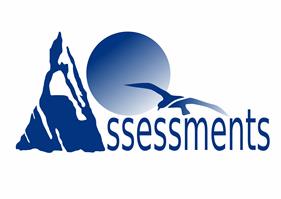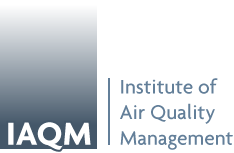The Institute of Air Quality Management (IAQM), the professional body for air quality professionals, has published a Position Statement on Mitigation of Development Air Quality Impacts.
The IAQM Position Statement explains that, where significant operational adverse effects are predicted due to non-point sources, i.e. roads, consultants face difficulties when recommending mitigation solutions that would reduce the impact to an acceptable level. The difficulty arises due to the limited quantitative evidence on the efficacy of the mitigation options available.
There is limited planning guidance available on the choice of, or the efficacy of, mitigation options for general development purposes. Therefore, the IAQM has taken a position that an appropriate mitigation solution should be principle-led rather than specified by detailed prescription. The IAQM recommend using the following basic hierarchy of principles as the basis for mitigating the operational air quality impacts:
I. Preference should be given to preventing or avoiding exposure/impacts to the pollutant in the first place by eliminating or isolating potential sources or by replacing sources or activities with alternatives. This is usually best achieved through taking air quality considerations into account at the development scheme design stage.
II. Reduction and minimisation of exposure/impacts should next be considered, once all options for prevention/avoidance have been implemented so far as is reasonably practicable (both technically and economically). To achieve this reduction/minimisation, preference should be given first to:
a. mitigation measures that act on the source; before
b. mitigation measures that act on the pathway; which in turn should take preference over
c. mitigation measures at or close to the point of receptor exposure, all subject to the efficacy, cost practicability of the available solutions. In each case, measures that are designed or engineered to operate passively are preferred to active measures that require continual intervention, management or a change in people’s behaviours.
III. Off-setting a new development’s air quality impact by proportionately contributing to air quality improvements elsewhere (including those identified in air quality action plans and low emission strategies) should only be considered once the solutions for preventing/avoiding, and then for reducing/minimising, impacts have been exhausted.
The full Position Statement is available for download here.

